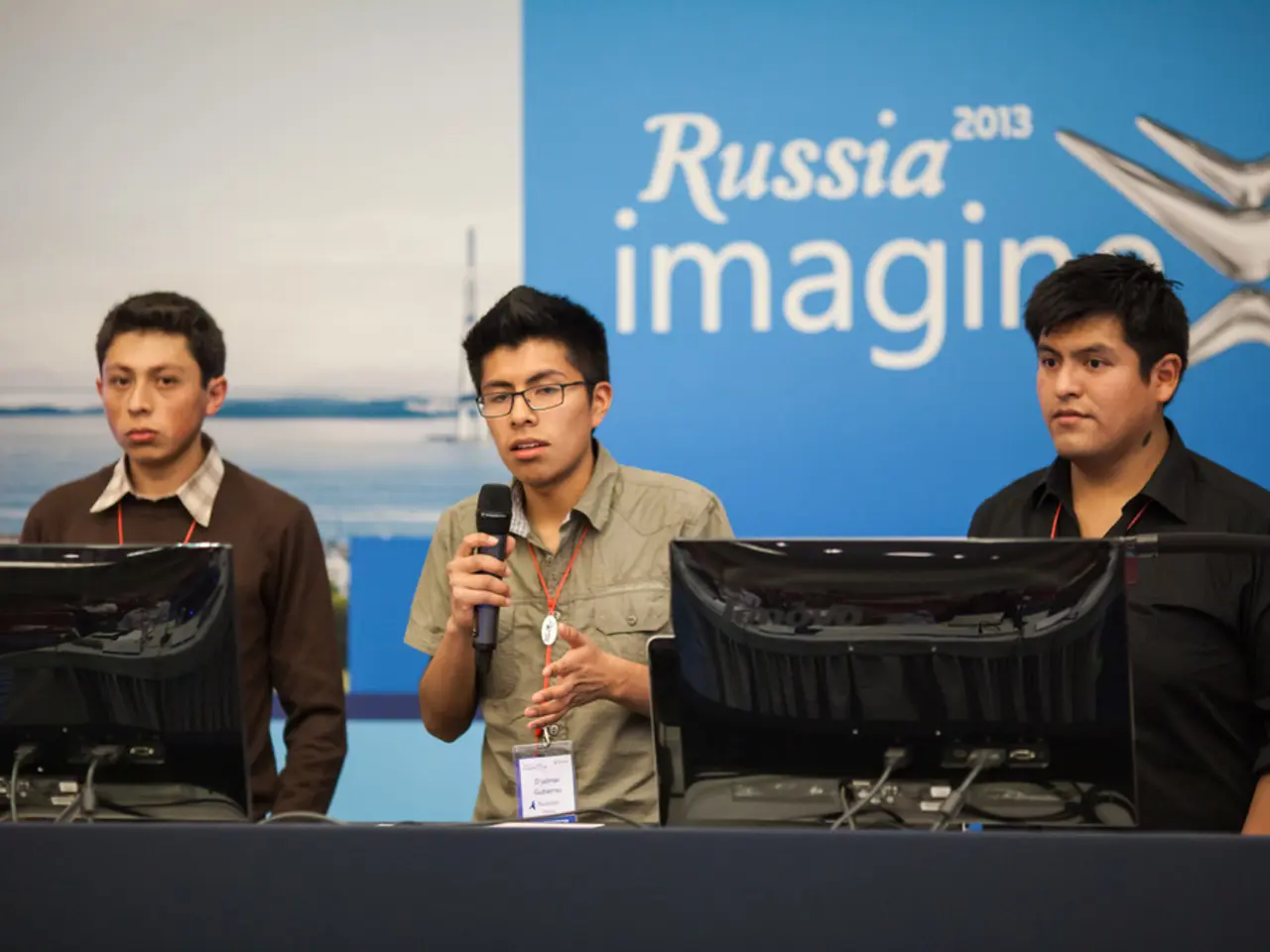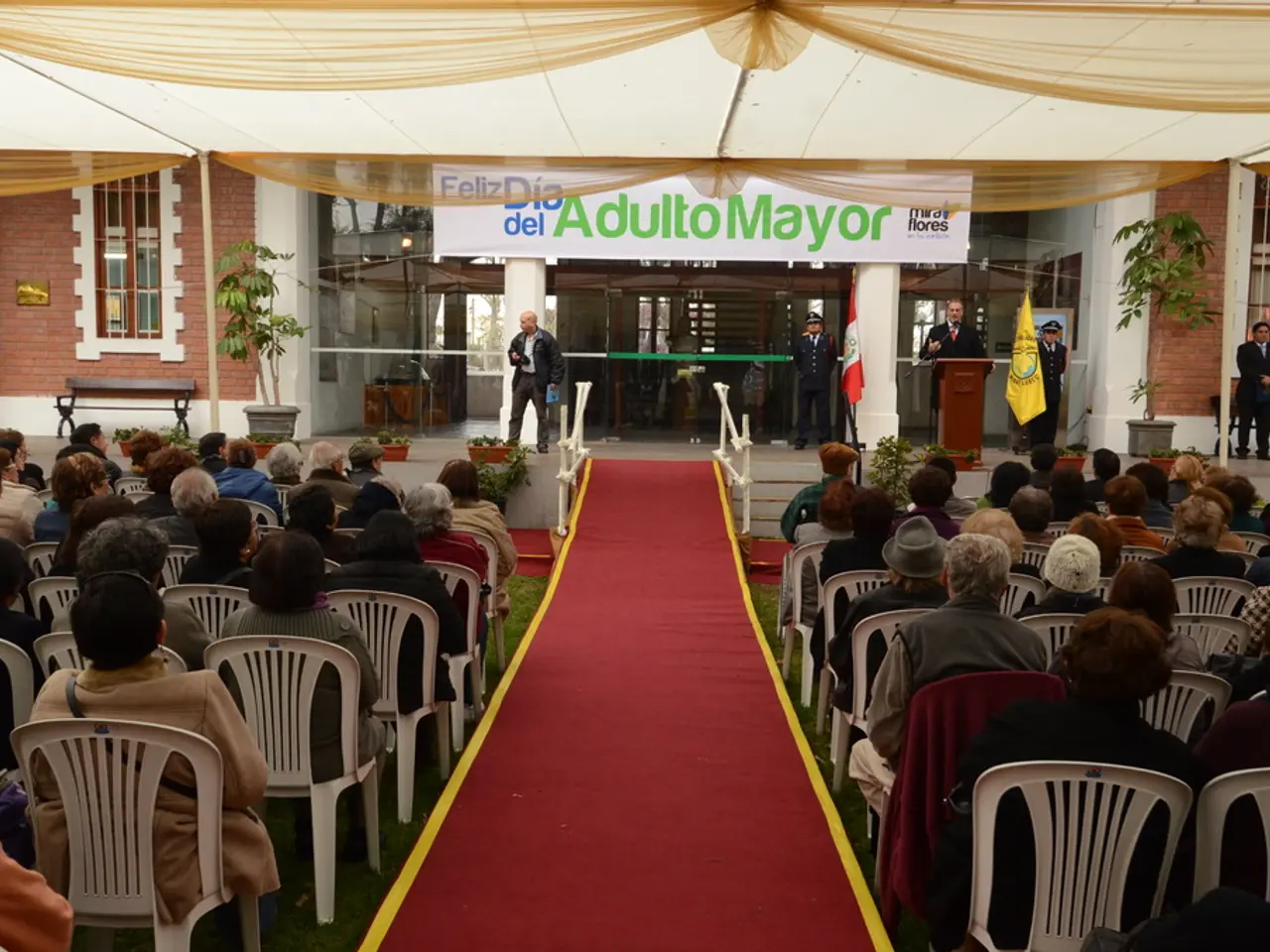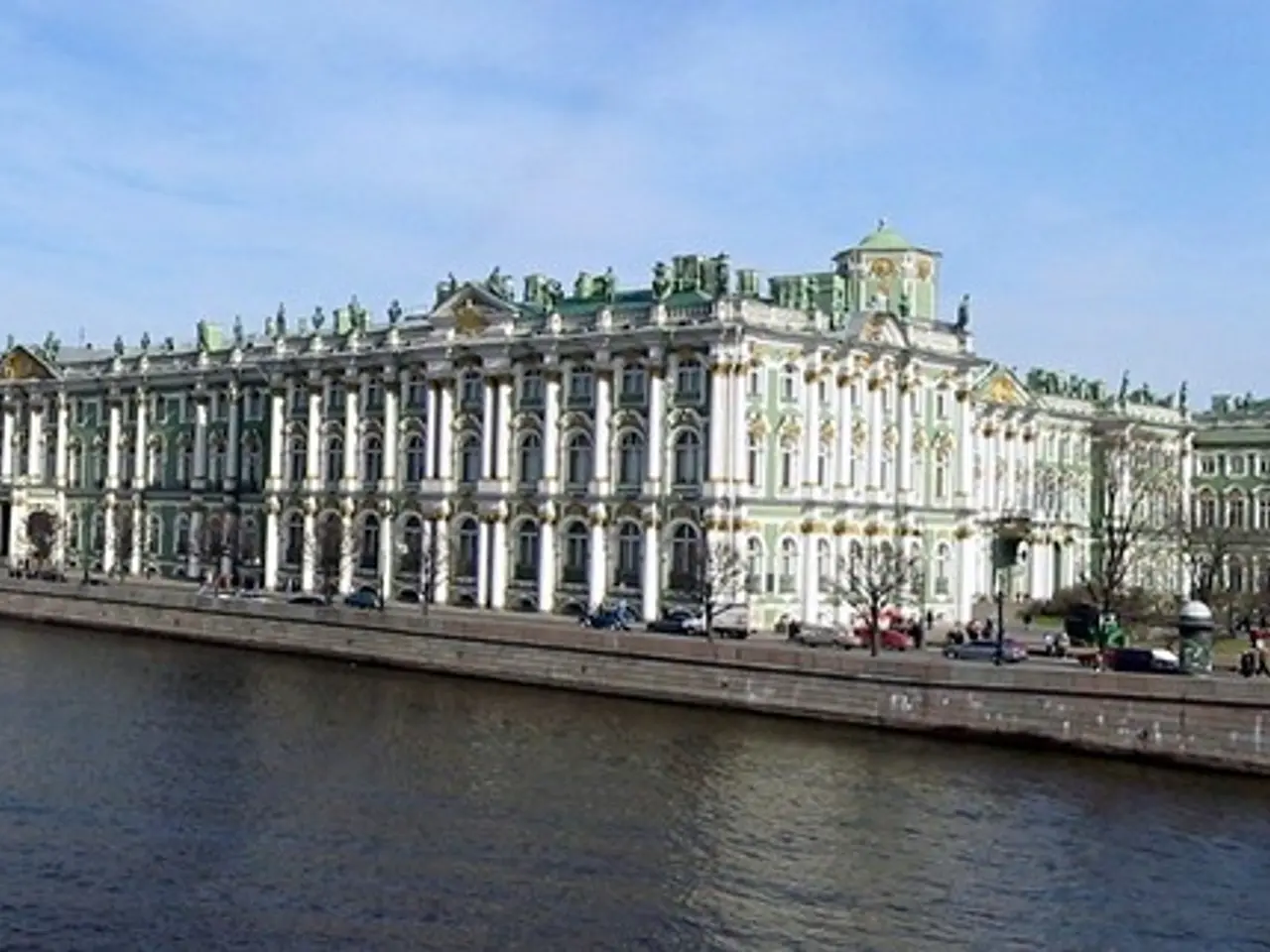Disagreement Surfaces on Imposed Sanctions against Russia - Disappointment Expressed by EU Foreign Minister - Disagreements Persist over Sanctions Towards Russia - EU Foreign Affairs Representative Expresses Disappointment
In a surprising move, Slovakia has refused to agree to the European Union's 18th sanctions package against Russia, citing concerns over energy security and the need for continued access to Russian gas supplies until 2034. This decision, led by Prime Minister Robert Fico, has significant implications for EU unity in supporting Ukraine and potentially affecting the bloc's broader foreign relations.
The sanctions package, aimed at increasing pressure on Russia to engage in talks about a ceasefire in the Ukraine war, includes penalties against individuals and organizations, as well as the so-called shadow fleet used by Moscow to bypass the Western oil embargo. However, Slovakia's insistence on a gas supply exemption has caused a stalemate, weakening the bloc's unified pressure on Russia amid the ongoing conflict.
The EU's delay in finalizing the sanctions package undermines a crucial tool meant to target Russia’s economy and military capability, potentially slowing international efforts to hamper Russia's offensive actions in Ukraine. Moreover, maintaining a unified front in foreign policy is essential for the EU when dealing with complex geopolitical relationships, including those with Israel and other partners. Any perceived internal discord might embolden external actors to challenge EU positions.
EU foreign affairs chief Kaja Kallas remains optimistic that an agreement can be reached soon, as technical discussions continue and efforts to accommodate Slovakia's concerns proceed. Meanwhile, Germany has announced its intention to buy two Patriot systems from the US to donate to Kyiv, and the EU is "ready to act if Israel fails to keep its promises" regarding humanitarian aid in the Gaza Strip.
The implications of Slovakia's veto are not limited to the Ukraine war. Regarding EU-Israel relations, the general diplomatic consequence of such internal EU disagreements could weaken the EU’s broader international standing and bargaining power. Maintaining a unified front in foreign policy is crucial for the EU when dealing with complex geopolitical relationships.
As parliamentary elections approach in Ukraine, which aspires to join the EU, on September 28, the EU's unity and resolve in supporting Ukraine against Russian aggression remain vital. The EU welcomes US President Donald Trump's announcement of increased military aid to Ukraine and is ready to share the burden of military aid to ensure Ukraine's defence.
In the meantime, Slovakia continues to demand concessions from the commission, specifically regarding the planned ban on gas imports from Russia by 2028. The EU aims to adjust the 2022 price cap on Russian oil and has imposed sanctions on seven individuals and three organizations accused of undermining democracy, rule of law, and stability in the Republic of Moldova. The foreign ministers of Denmark and the Netherlands have also confirmed their intention to participate in the program.
The situation remains fluid, with EU foreign policy chief Kallas expressing optimism that an agreement can be reached soon. As the EU continues its negotiations with Slovakia, the bloc's unity and resolve in supporting Ukraine and maintaining its international standing will be tested.
- The EU Commission might need to reconsider the 18th sanctions package against Russia, as Slovakia's refusal to agree could potentially alter the bloc's foreign policy, impacting its unity in supporting Ukraine and affecting broader relations with nations like Israel and the USA.
- The ongoing negotiations between the EU and Slovakia over the sanctions package have wider implications beyond the Ukraine war, as a unified EU foreign policy is essential for maintaining the bloc's international standing and bargaining power, particularly in contexts like Israel's delivery of humanitarian aid in the Gaza Strip and the ongoing war-and-conflicts in general-news.






